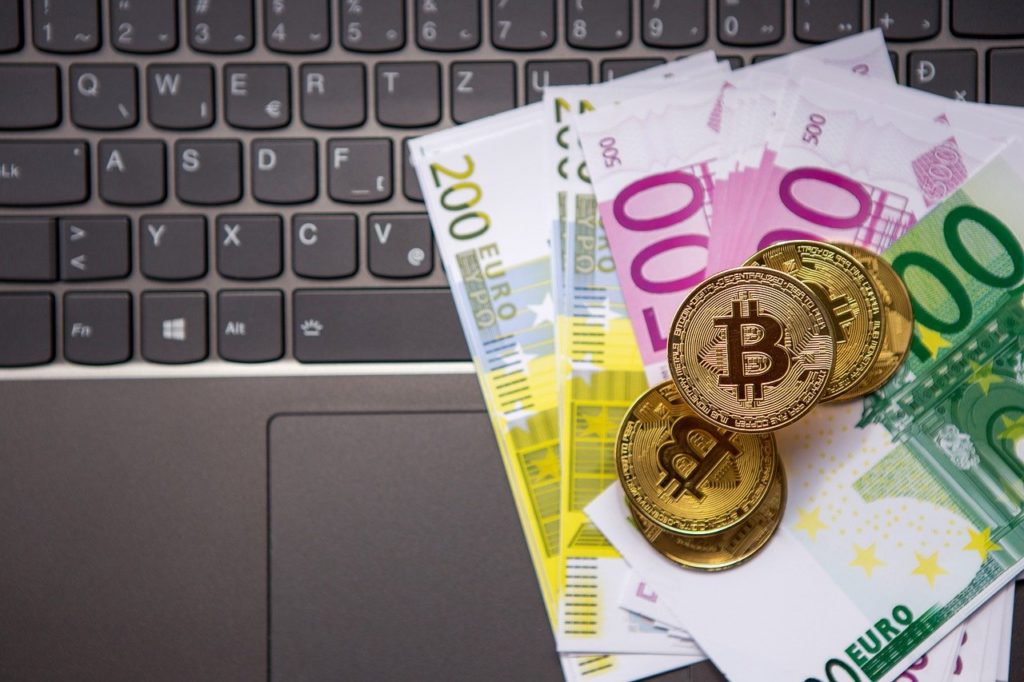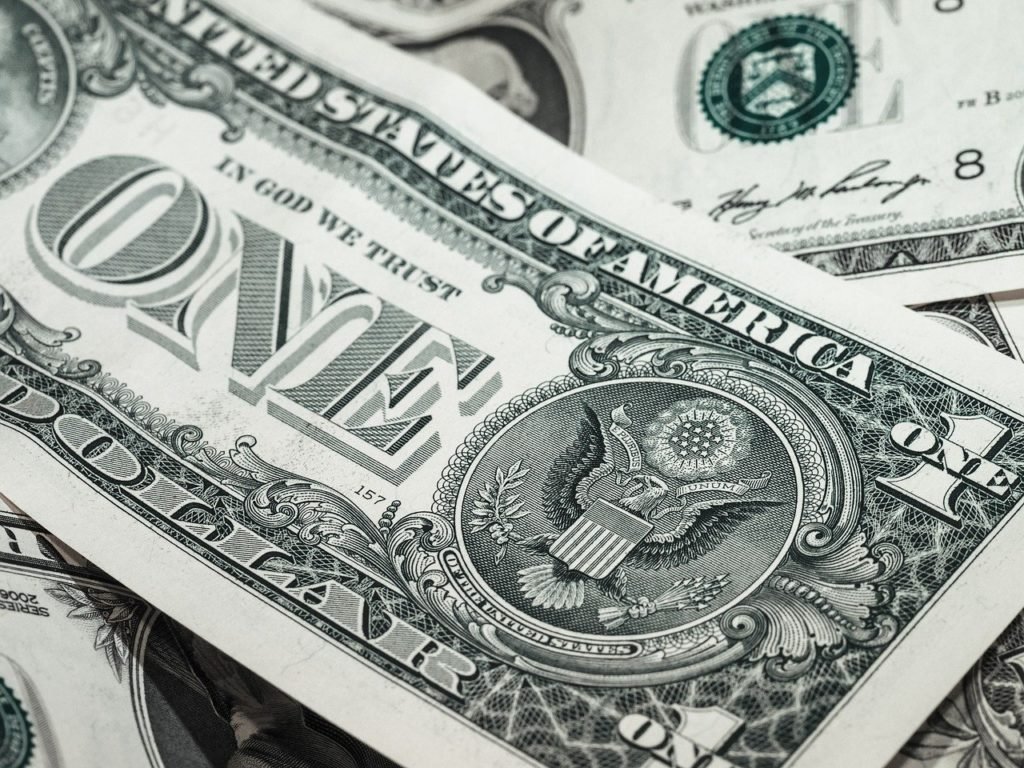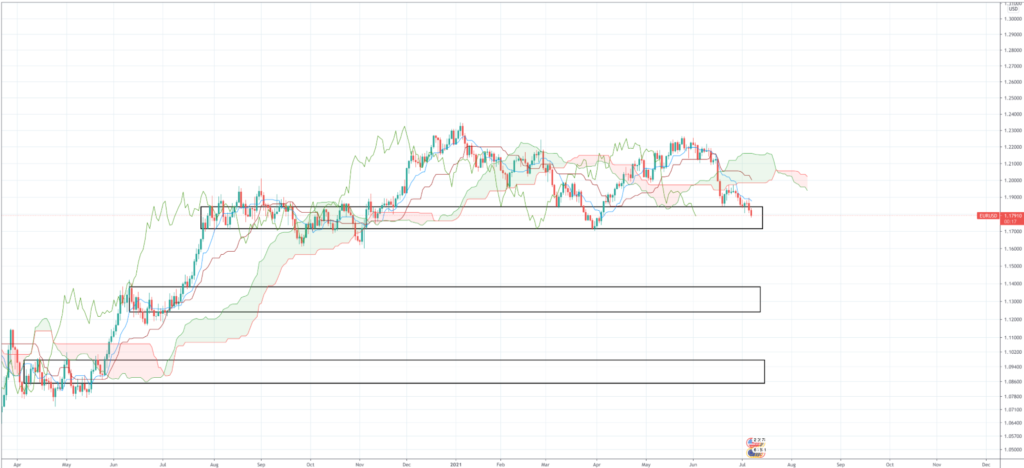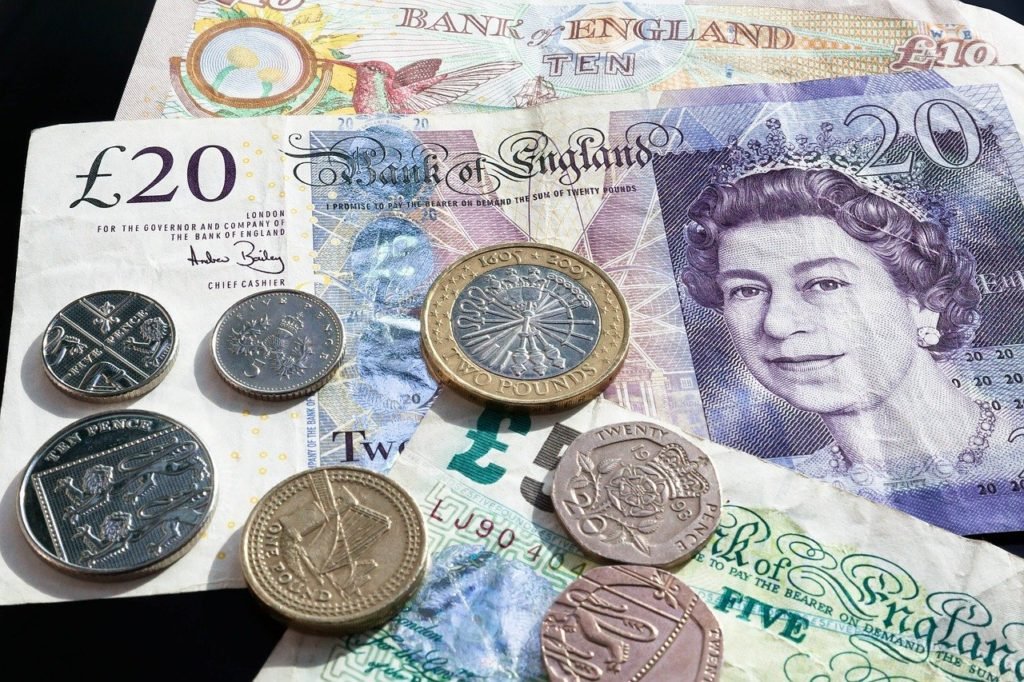The foreign exchange market, also called the forex market, focuses on the exchange of one national currency for another in an attempt to profit from the difference between exchange rates from the time the trader buys the currencies to the time the trader sells them.
Forex trading commands the most trading volume out of any other financial market, easily beating the stock market, crypto, and commodities. The legitimate interest from banks, clearing houses, and other major financial institutions are what makes the forex market so vast.
Here’s everything you need to know about trading currency pairs with tips on how to trade currency markets effectively.
Introduction To The Basics Of Currency Trading And The Forex Market

The full scope of the forex market is wide reaching, with a huge range of national currencies available for trading. Most brokers focus on offering the most traded currencies, which include the dollar, euro, yen, and others.
Because these markets have the most volume and liquidity, prices are less volatile and are considered less high risk than the stock market or cryptocurrencies.
The only problem is that the lack of volatility results in smaller price movements and a smaller amount of gains, so forex traders regularly rely on leverage on margin trading platforms to increase the potential profit from trading. Leverage increases the changes for losing money also, so proper risk management strategies are required.
Types Of Forex Currencies Explained
Forex currencies are broken down into three distinct categories: Majors, minors, and exotics. The most trading volume is composed of major currency pairs, however, minor and exotic currency pairs result in a lot of profit and unique opportunities.
Major Currency Pairs
Major currency trading pairs are as follows:
Five different currencies – USD, EUR, JPY, GBP, and CHF – are all among the top ten traded currencies globally. EUR/USD specifically is the most traded pair, representing around 20% of the FX market.
In addition, so-called “commodity pairs” are also often listed next to majors and are widely accepted as major currency pairs also, and include:
Minor Currency Pairs
Minor currency pairs are also referred to as cross currency pairs and are a lot wider sweeping. There are too many minor currency pairs to list, however, here are some of the more popular. Note, that no minor currency pairs include the US dollar.
Exotic Currency Pairs
Exotics are also wide sweeping and are too many to list, however, in general they are from emerging economies. For example, exotic pairs include:
How Does Online Currency Trading Work?
Online trading on a traditional currency exchange at its core is the process of buying currency, and then selling currency with the expectation of profiting from the price spread. If the price quote is higher than what the investor buys the currencies at when they go to sell, then they’ve made a profit from that transaction. If the price quote is lower instead when it is time to sell, they will lose money instead.
Technical Analysis
Traders often rely on technical analysis to conduct market research and get a read on the trend and price action. Technical analysis involves drawing trend lines and reviewing chart patterns, in addition to looking for signals, support and resistance using indicators and oscillators. With this information, a trading strategy can be built.
Long Or Short Trading
Long and short trading isn’t offered at traditional currency exchanges and is reserved for professional traders who trade derivatives contracts. These contracts are settled for the difference in price from the time the contract is open to close, and is based on an underlying asset – in this case, currencies. A long position is a bet that the trader expects the price of an asset or the spread to increase, while a short position is a bet that the trader expects the price to go down or decrease. This allows traders more control and can profit from both directions of the market.
Securing Profits And Setting Stop Losses To Protect Against Risk
Being certain to actually keep any profits made is important to trading and investing in currencies. A stop loss order can be placed above or below resistance or support, and will protect a trader from losing too much money if the market moves against their position. Alternatively, if a trader is successful, they can set a take profit order to trigger at a specific amount and ensure profits are booked.
Factors That Affect Foreign Exchange Rates
Several key factors can affect the exchange rate between different currencies and the strength of one particular currency in a pair.
Interest Rates
When interest rates are low, investors are encouraged to move cash reserves into riskier assets where there is more growth potential. When interest rates are high, the opposite is true. And because each region controls their own national interest rates, it can impact each currency and pair differently.
Inflation
A high rate of inflation represents a weakening currency due to oversupply issues, which can dramatically impact the price of a currency and the exchange rate between two currency pairs.
Economic Performance
Much like the currency’s strength itself can impact price action, national economic performance can also affect the exchange rate between currencies. For example, one nation could be thriving economically, while another could still be facing lockdown conditions and other issues that impact the economy and GDP.
Debt
The amount of debt globally, and the amount of debt each government takes on can have an impact on the strength of a currency. If a government is drowning in debt, there is a chance the currency’s value could drop.
Political Stability
Political stability is also an enormous factor that can impact exchange rates. If a nation is at war, facing an uproar, or a particularly controversial election, it can impact the strength of a national currency.

How Do You Make Money Trading Currencies?
As we’ve explained, there’s a lack of money in investing in currencies, so trading is the best option for the forex market.
When trading currencies, traders can open a margin account with an online broker, and go long or short on leverage to maximize the profit potential of positions.
Currency Trading Strategy
In the below currency trading example, we’re going to outline what a common currency trading strategy might look like.
Note that support comes down to a very specific decimal point and range. If the support level fails, there are two potential support levels below.

In most situations, shorting resistance is a bad idea. However, the Ichimoku cloud has flipped red and the Tenken-sen and Kijun-sen have crossed bearishly. These are bearish signals that indicate a short trade is likely to be successful.
However, because the price is at support, waiting for support to break down to open the short or shorting a retest of support turned resistance is a more effective and safer strategy.
Things To Consider When Trading Currencies
Always consider the news cycle, especially meetings that involve central bank reserves and any political leaders. The overall global economy has the largest impact on exchange rates, so it is worth considering all factors – environmental, political, and more. Even the ongoing pandemic has shaken up these markets.
CFDs And Currency Trading
A shaken market is a good thing for traders, as this means more volatility to take advantage of. Traders can go long or short these assets without having to own currencies or any other underlying asset. Using CFDs, traders can speculate on the direction of the price of each asset, and trade derivatives contracts that settle for the difference in the exchange rate.
Risks Associated With Online Currency Trading
The risks associated with currency trading aren’t as high as with other markets, but they still exist. Risks involve substantial financial losses, a complete loss of call capital, and mental stress. There is also a chance of a hack or losing funds due to a bad broker.
Currency Trading Vs Stock Trading: Key Differences Explained
As we’ve explained repeatedly, currency trading is very different from stock trading, crypto trading or any other market. Here’s why.
Volume
The forex currency is known for its massive trading volume. When trading volumes are high, there’s more interest from the financial sector and technical analysis is more responsive and accurate. Trends are easier to read, and trading is more comfortable.
Liquidity
High liquidity means less volatility but there’s always a way to cash out. Order books are never thin and that means trading is less impacted overall by any spread.
24-Hour Markets
Unlike the stock market which has a close to each trading session, forex is global and traders 24-hours a day.
Minimal Or No Commission Trading
The foreign exchange market is known for its extremely low commissions and fees compared to crypto, stocks, and other markets which don’t command the same trading volume.
Narrow Focus Versus Wide Focus
Rather than dozens of different categories of companies to consider, there are only currencies. This narrow focus makes paying attention to all that is required a lot easier.
How To Trade Currency On TradeQuasar
Trading forex currencies on TradeQuasar is easy, and involves a free margin trading account on the award-winning platform.
Simply follow the required registration process, confirm an email address to be active, and make a first deposit to a secure crypto account.
Once the deposit account is funded, users can open a free margin account and begin trading any of the more than 50 different CFDs, many of which include major, minor, and exotic currency pairs.
The platform offers technical analysis software, stop loss and take profit orders, and long and short positions to give traders the utmost control.

Summary: Why Trade Forex Currencies?
Meme stocks, crypto, and even metals are all ultra hot to trade, but the mainstream world is overlooking what’s right in front of its eyes – and that is the most traded market of all with forex.
Forex currencies offer an unprecedented opportunity for profits thanks to reliable technicals and deep liquidity. The next time other markets are stale, consider trading currencies online.
What Are Trading Currencies?
Trading currencies refers to the foreign exchange market, also called the FX market. It has the most volume out of any financial market and features major currencies like the dollar and euro.
How Do I Trade Currencies Online?
Trading currencies online starts with choosing the right broker, like TradeQuasar – an award-winning CFD trading platform with access to forex, stock indices, commodities and crypto under one roof.
Is Currency Trading A Good Investment?
Currency trading can be a good investment if the trader is using a margin trading account with leverage. Otherwise, the small amount of profits are likely not worth it to smaller investors.
Are Trading Currencies Risky?
Trading currencies does carry some risk, but are considered less risky than other investments and trading instruments due to the low volatility and high liquidity.




